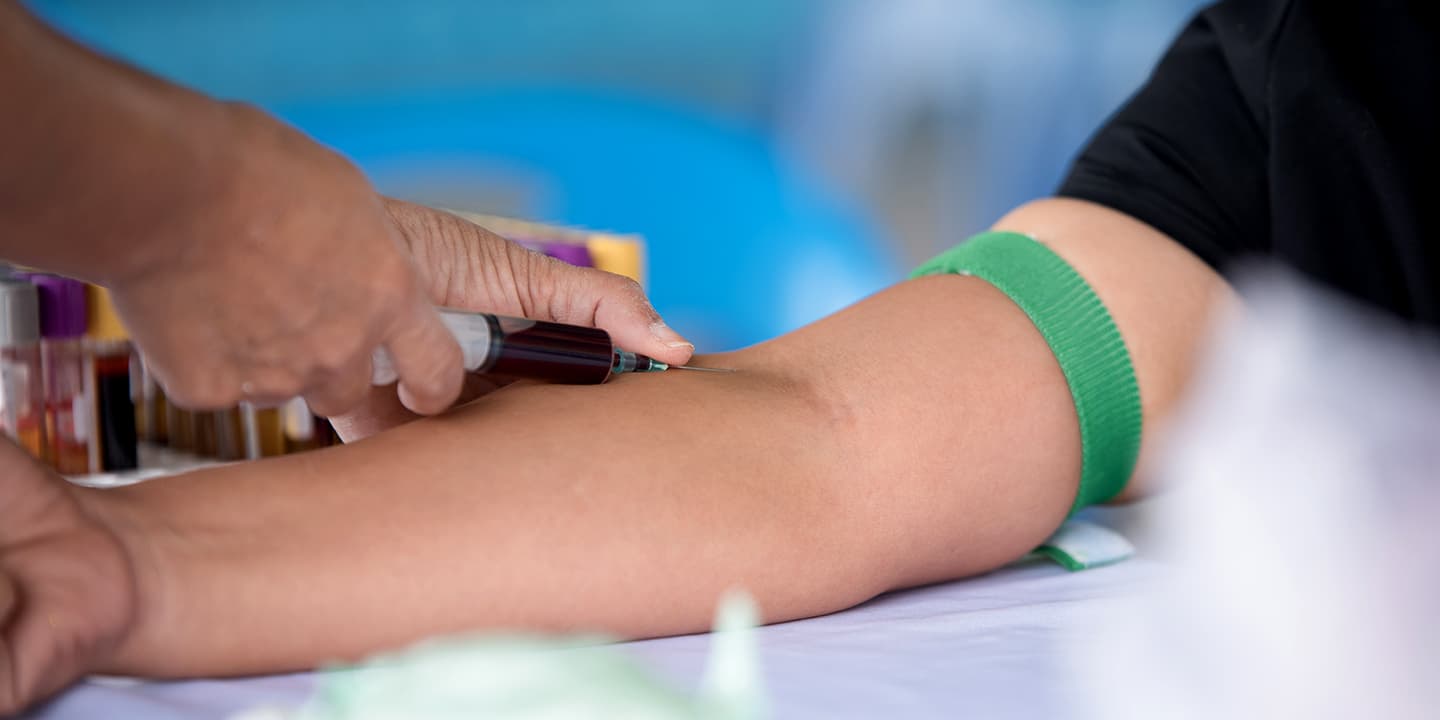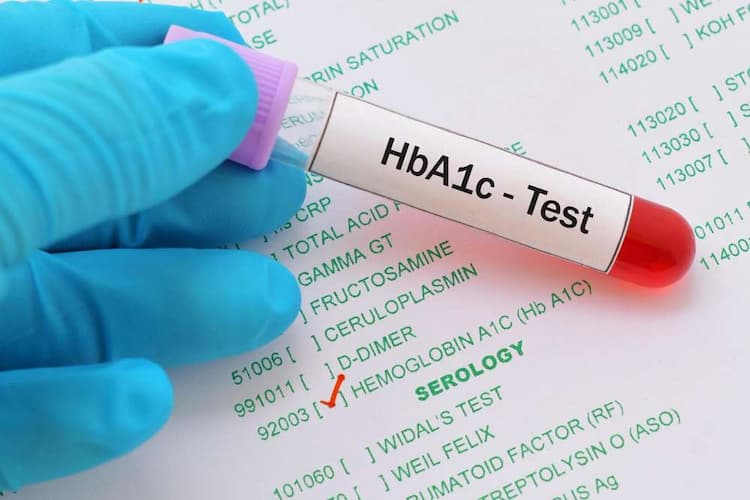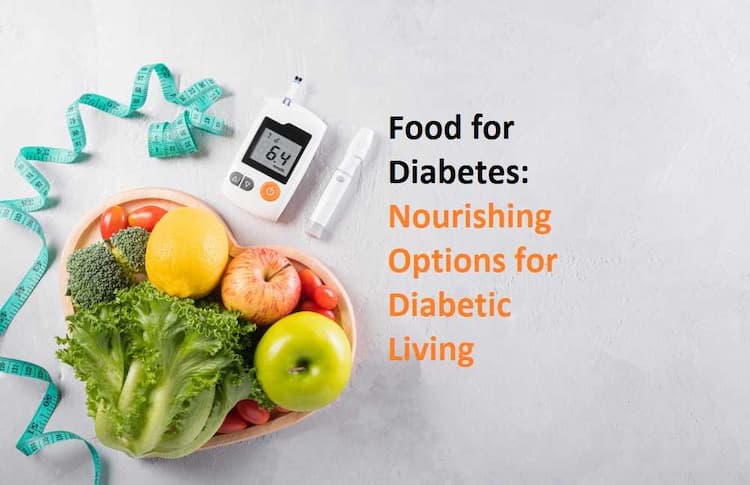Fasting Before Blood Tests: which tests require fasting,tips to get effective lab test results

Medically Reviewed By
Dr. Ragiinii Sharma
Written By Dr Divya Rohra
on Apr 8, 2022
Last Edit Made By Dr Divya Rohra
on Mar 18, 2024

Blood tests are the most common diagnostic test recommended by the doctors. Each one of us has undergone a blood test at some point in our lives. Some blood tests are preferably done early in the morning, when you have not eaten anything. These are known as Fasting Blood Tests, that means, you cannot have anything for a stipulated time before giving your blood sample for the test is taken. The fasting time required varies with each blood test.
In this article, we shall take a look at the various blood tests that require fasting for effective results, along with the time frame for which you need to fast.
Following which we will share some tips that can help you get a more reliable, error free, blood test report.

|
We get tested to ensure that we are in the best of our health. Following your phlebotomist’s instructions is crucial for getting accurate blood test reports. Fasting before blood tests helps in ascertaining whether there are complications or you are in your prime health. Don’t take the instructions for granted since they influence your reports. |
In this Article
Which Blood Tests require Fasting?
Blood tests are a vital, and some times the first, diagnostic tool that help doctors analyse your health condition efficiently. Blood tests are of two types. Some Blood tests can be done at any time of the day, whereas some blood tests require you to fast for a certain time so that accurate and reliable results can be obtained. The blood tests that require fasting as a prerequisite are listed below.
Fasting Blood Glucose
- In this test the amount of glucose or sugar present in your blood is measured
- The test is done to see wheter or not you are diabetic, or if you are prone to develop diabetes, and to check if your diabetes is under control.
- The required fasting time for blood glucose tests is at least 8 hours.
Metabolic Panel
- It is a routine physical test done to check the levels of electrolyte, blood sugar and fluid balance.
- The test also checks the functioning of the kidney and the liver.
- The required fasting time for metabolic panel tests is 10-12 hours.
Lipid Profile
- This test examines the levels of cholesterol and other fats in your body.
- This test does not necessarily require fasting. However, under certain conditions your doctor might recommend a fasting of 9-12 hours.
Iron Test
- This test checks for the levels of iron in your body.
- The required fasting time for this test is approximately 12 hours.
Vitamin B12 Test
- This test is recommended by a doctor when he suspects anaemia.
- The fasting time required for this test is around 6-8 hours.
Gamma-Glutamyl Transferase (GGT)
- High levels of GGT in your body indicate alcohol abuse, bile duct problems and liver disease.
- This test requires a fasting time of around 8 hours.
Glucose Tolerance Test
- This test measures your tolerance level to glucose or sugar.
- It requires you to fast for around 8-12 hours.
Renal Function Test
- In this test, the functioning of the kidney and its ability to dispose off waste are analyzed.
- The fasting time for this test is 8-12 hours.
Liver Function Test
- In this test the parameters to check the proper functioning of the liver are evaluated.
- It requires a fasting time of 8-12 hours.
Lactose Tolerance Test
- This test helps in predicting or confirming if you will be able to properly digest dairy products or not.
- The fasting time for this test ranges between 8-12 hours.
Thyroid Function Test
- In this test, the levels of thyroid hormone in your body is measured.
- It requires a fasting of approximately 12 hours.
What are the tips to get an Effective Lab Result for Blood Test?
The effective lab results depend largely upon your diet and lifestyle. Certain measures by which you can ensure an effective and reliable lab test results include:
- Do not alter your daily routine the day before your sample for the test needs to be collected.
- If you are having some routine blood tests done, then avoid getting them done on the day you feel a little ill.
- Have a normal diet a day prior to the test.
- Follow the fasting regulations given specifically for the test.
- No new exercise or strenuous activity must be started a day before the test.
- If you had a poor night sleep, it is advisable that you reschedule your test.
- The medicines that you take might also affect your test results, so discuss your routine drugs with your doctor.
- Make sure that you stay hydrated at all times.
- Alcohol consumption, smoking, supplements, vitamins and chewing gums must be avoided before the test.
Takeaway
Blood tests are very important as they give an insight into your health condition and help in predicting any underlying illness. Therefore, blood tests must be taken seriously. Now that you know which specific tests require fasting as a prerequisite, make sure that you follow it whenever you get that test done. Also, make sure to follow the above mentioned tips to get accurate and reliable blood test results. It is always recommended to follow any instructions that your doctor gives before or after the blood tests.
Frequently Asked Questions (FAQs)
-
What if I forget to fast before my blood test?
If in case you mistakenly eat or drink something before your blood test, then you should inform the phlebotomist about it so that your doctor can interpret your test results accordingly.
-
What is the need to fast before a blood test?
Fasting before certain blood tests is very important as the nutrients in the food and drinks circulate in your bloodstream that can lead to inaccurate test results.
-
Can liquids be taken during fasting?
No, fasting for blood tests requires the individual to avoid the consumption of both food and liquid before the test.



